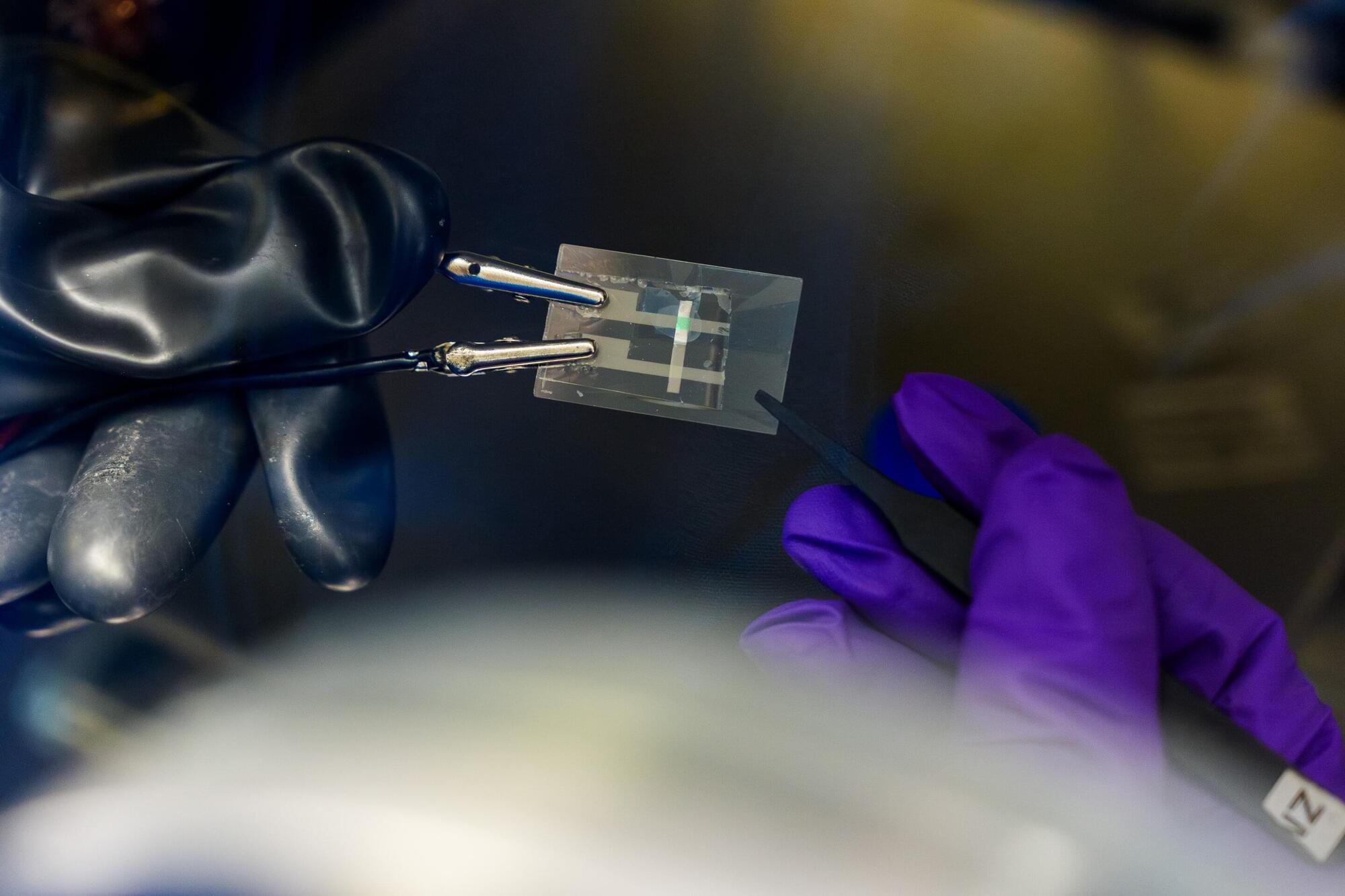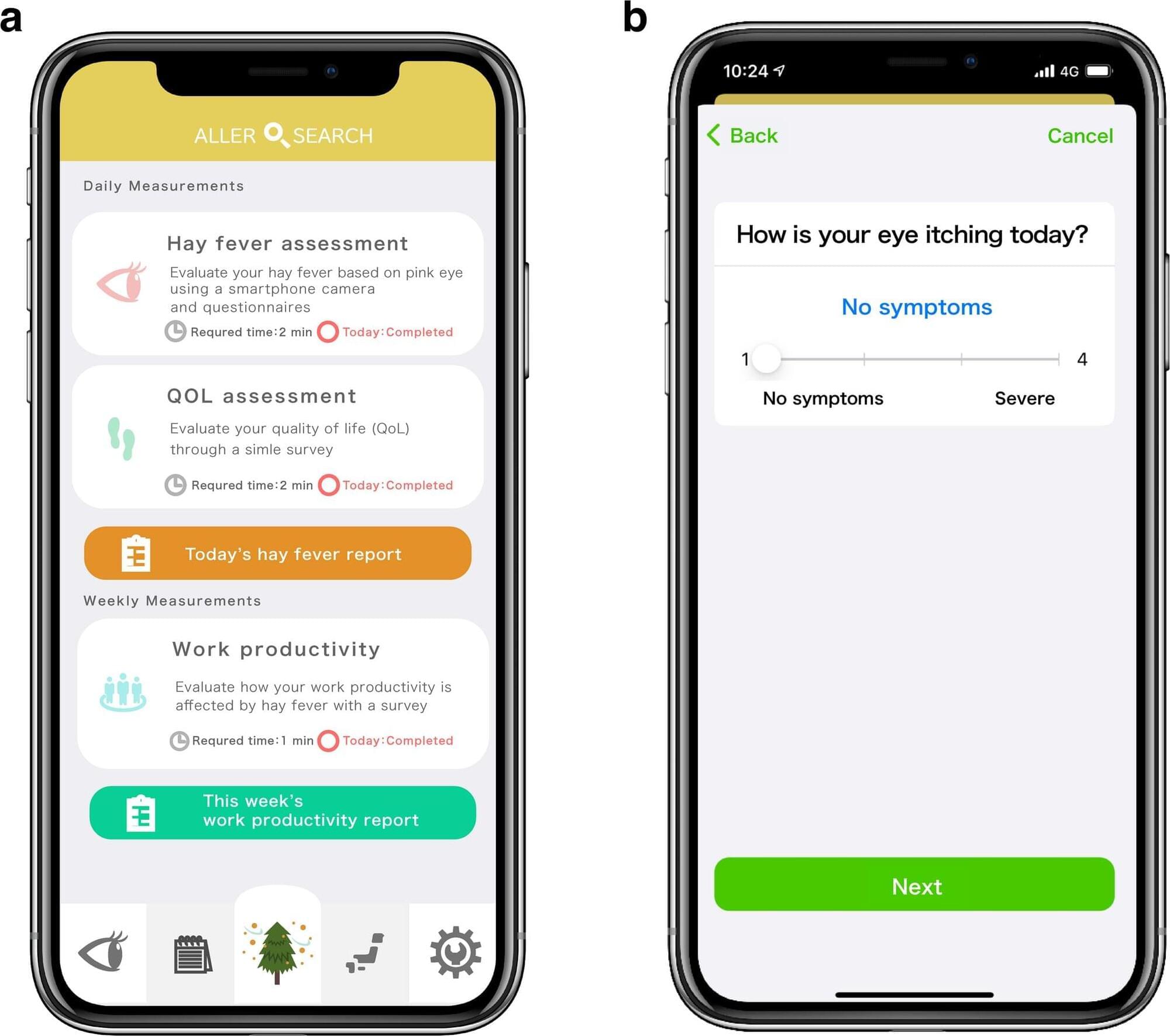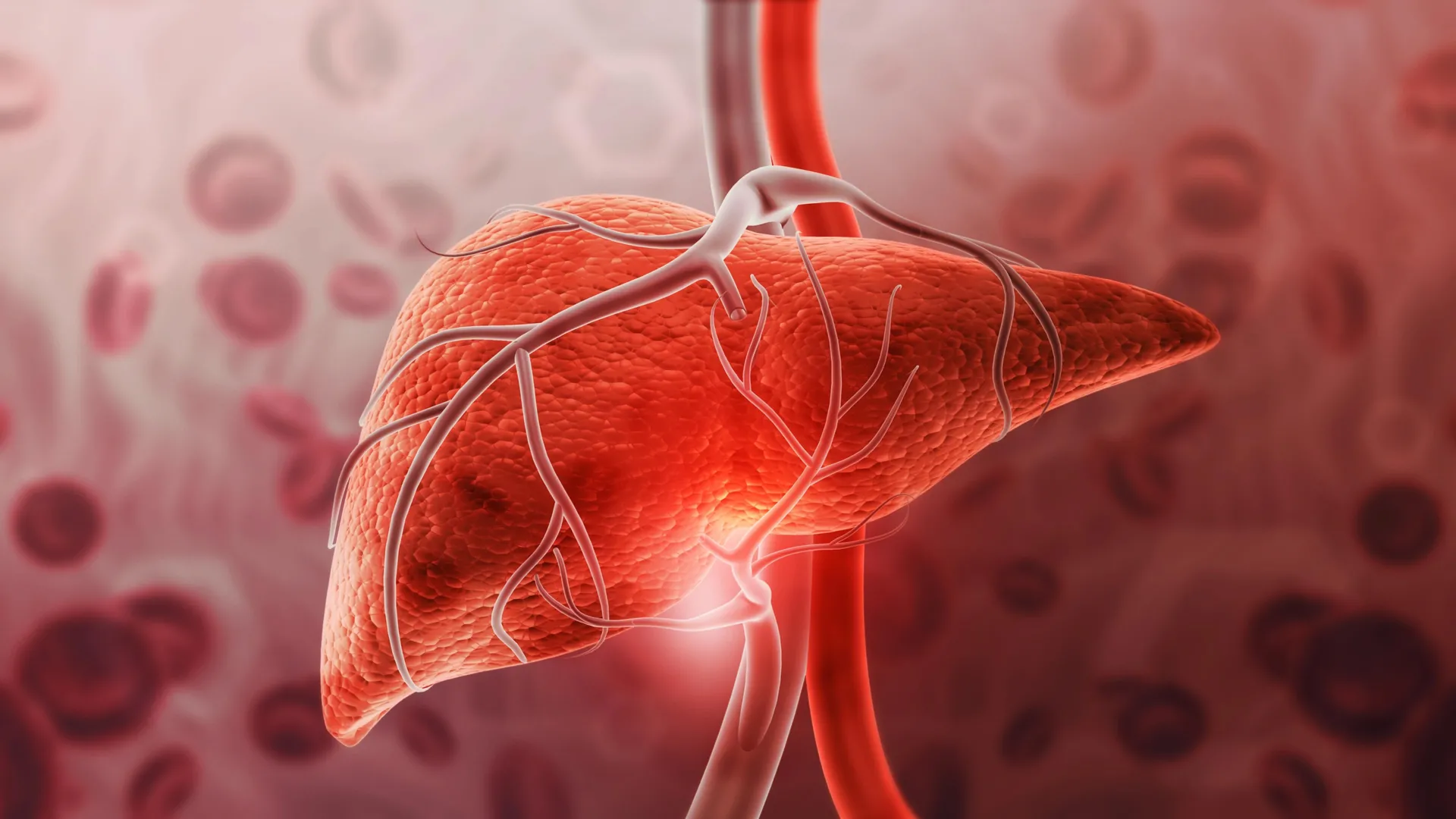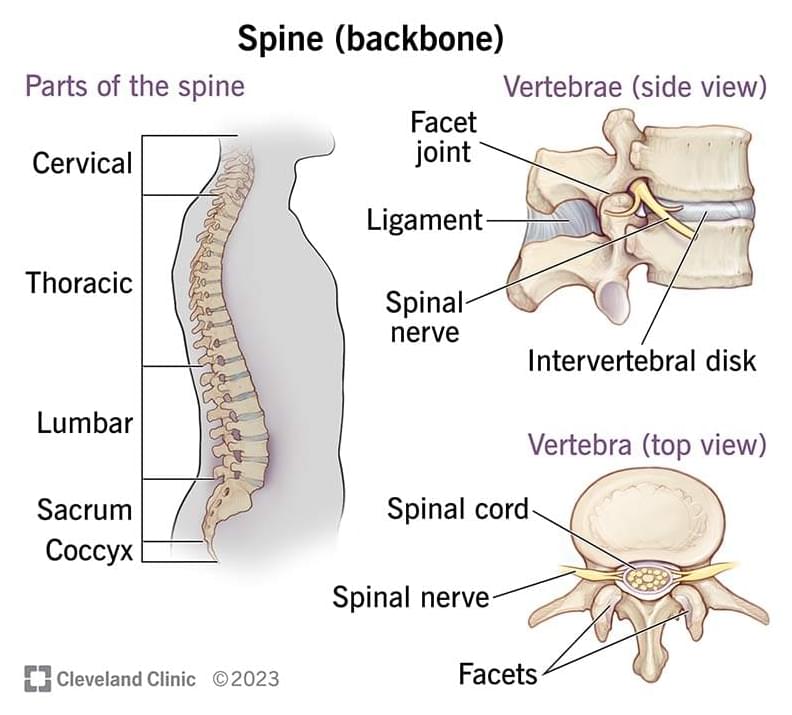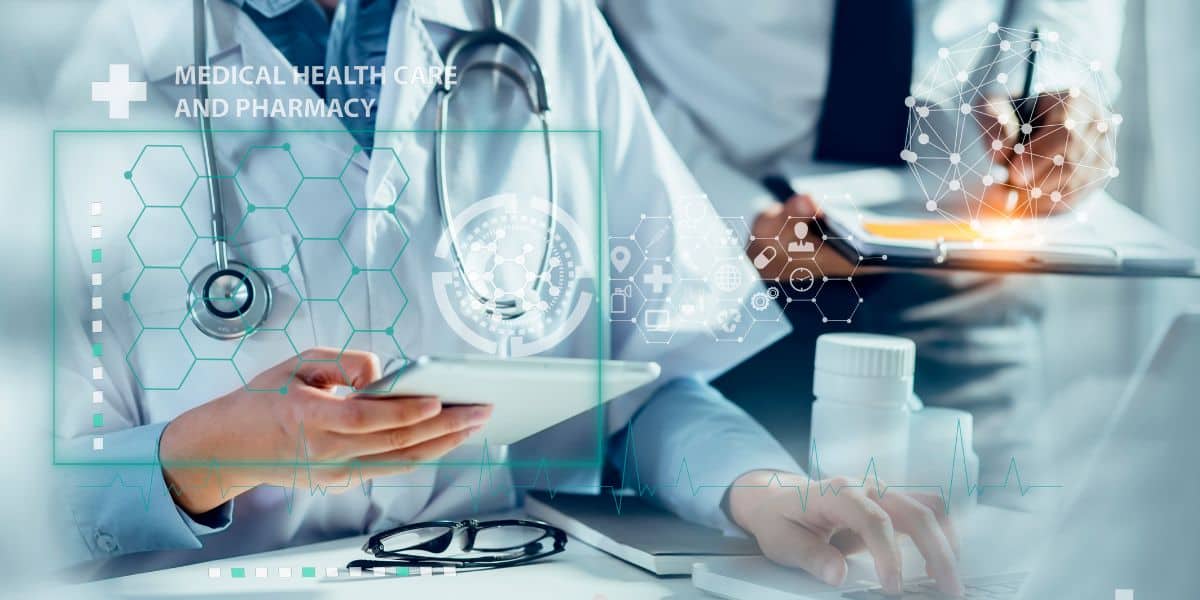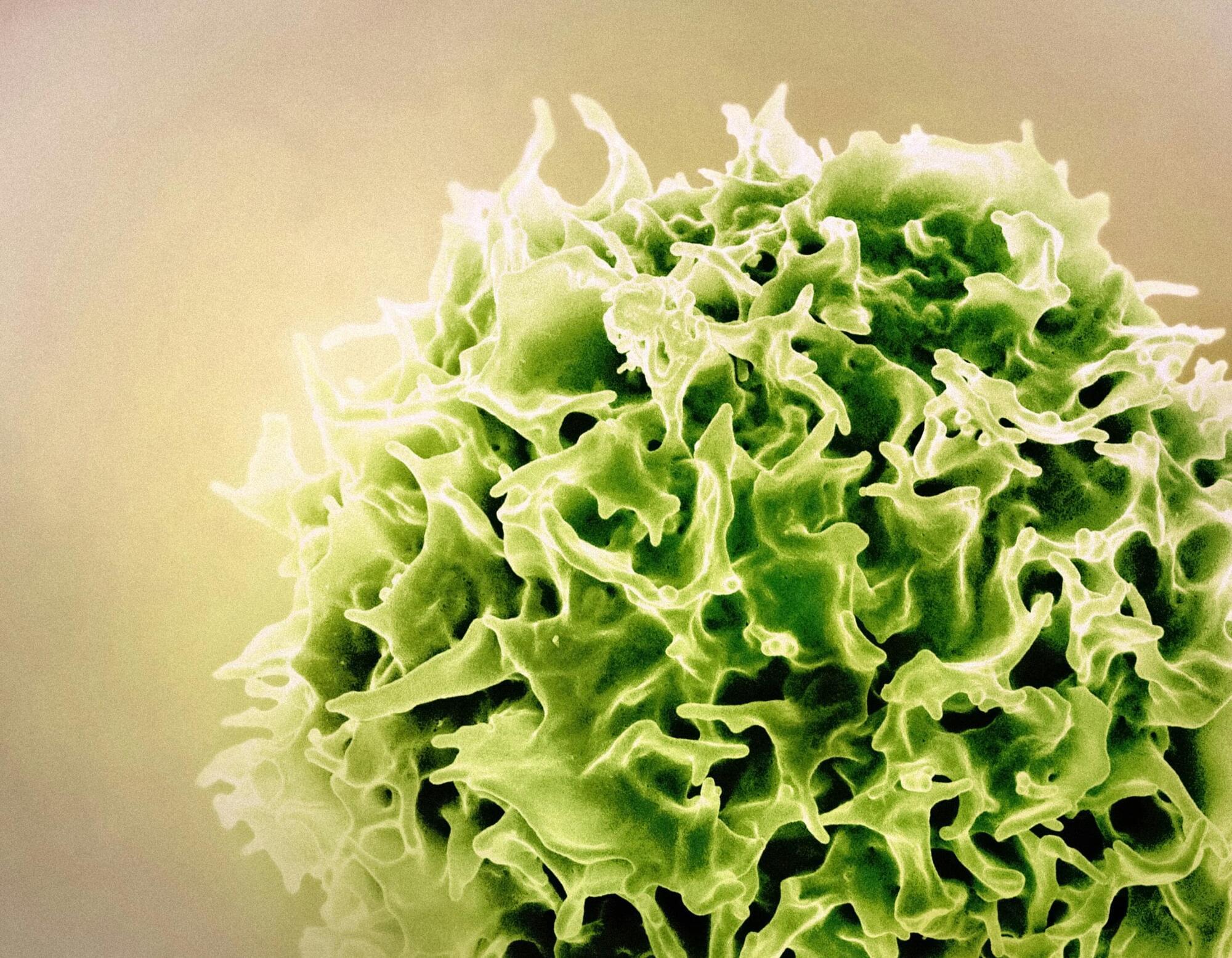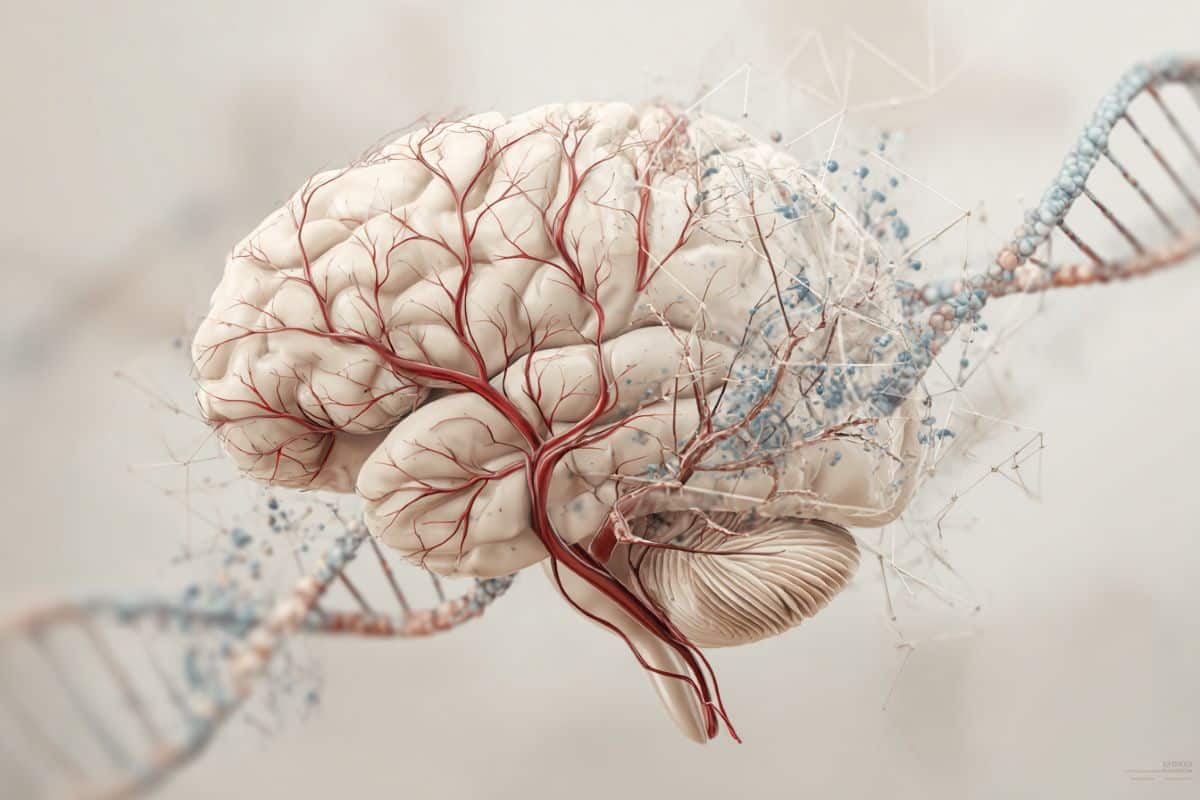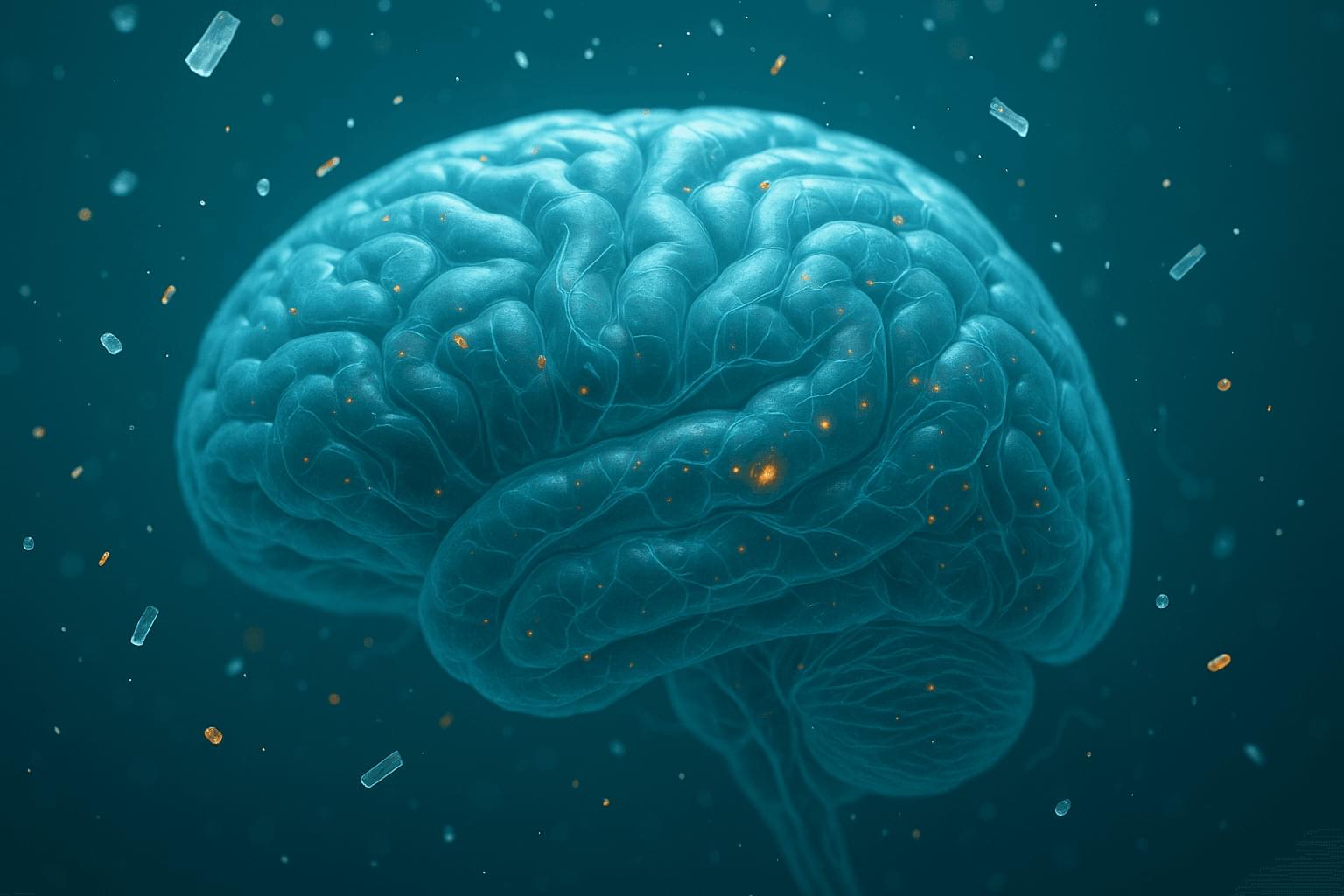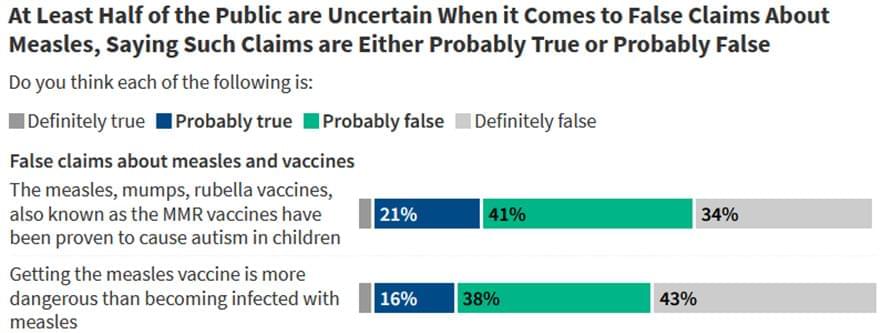Organic light-emitting diodes (OLEDs) power the high-end screens of our digital world, from TVs and phones to laptops and game consoles.
If those displays could stretch to cover any 3D or irregular surfaces, the doors would be open for technologies like wearable electronics, medical implants and humanoid robots that integrate better with or mimic the soft human body.
“Displays are the intuitive application, but a stretchable OLED can also be used as the light source for monitoring, detection and diagnosis devices for diabetes, cancers, heart conditions and other major health problems,” said Wei Liu, a former postdoctoral researcher in the lab of University of Chicago Pritzker School of Molecular Engineering (UChicago PME) Assoc. Prof. Sihong Wang.
